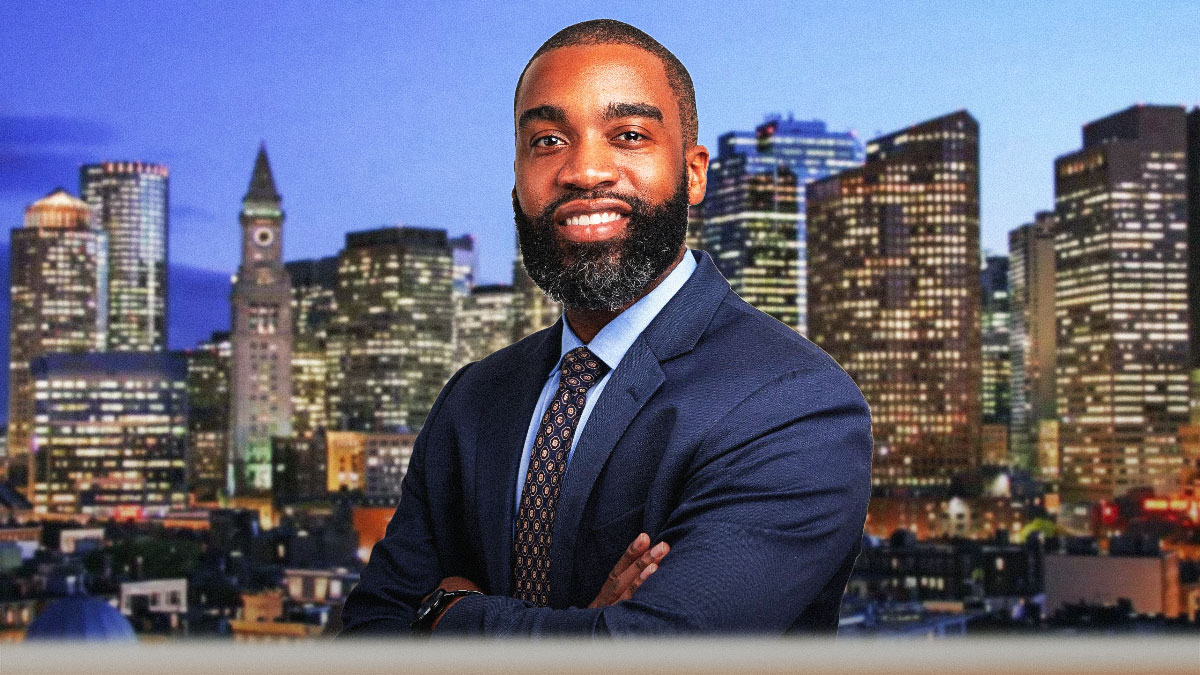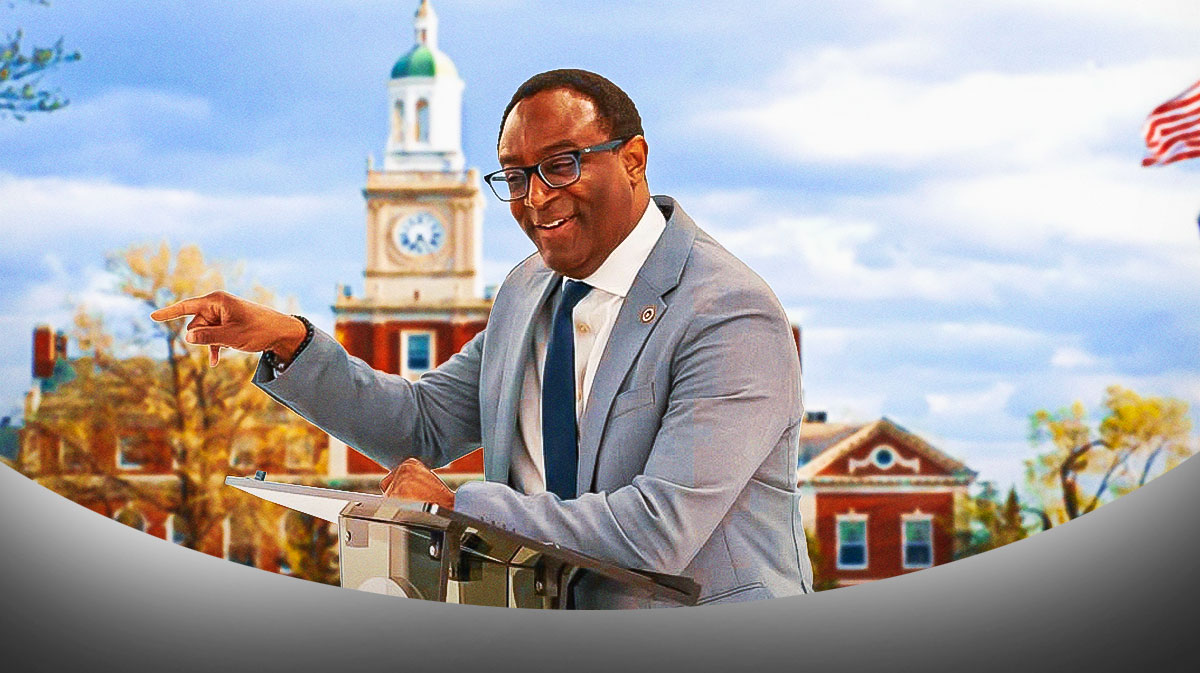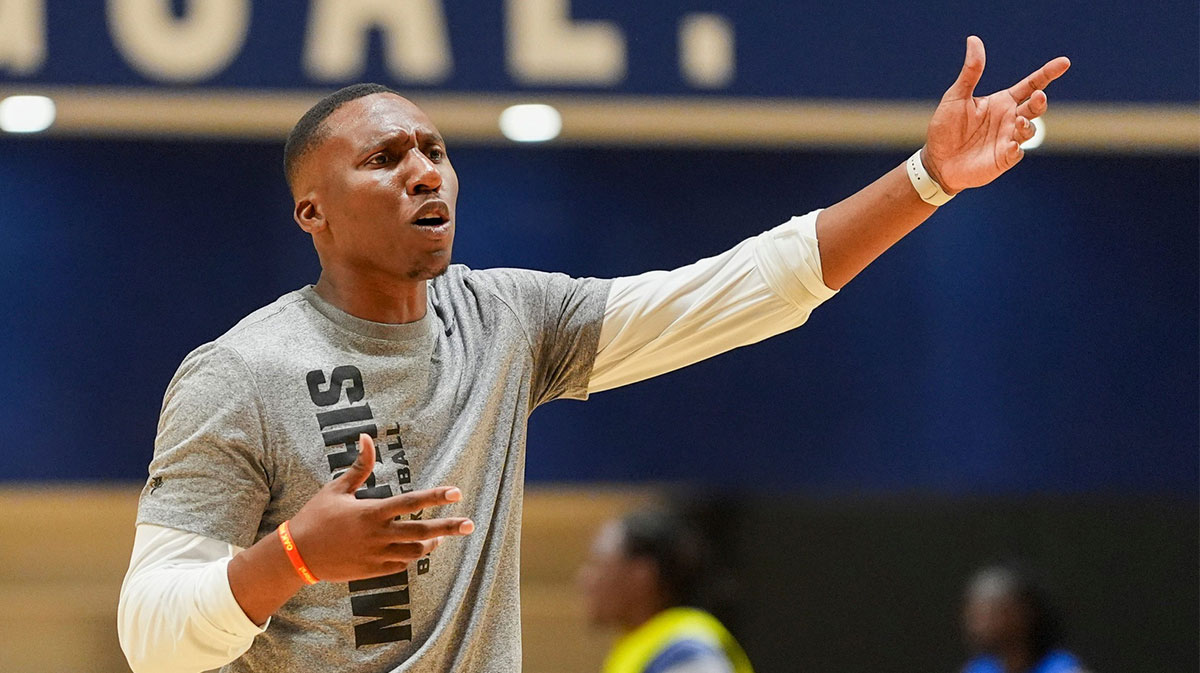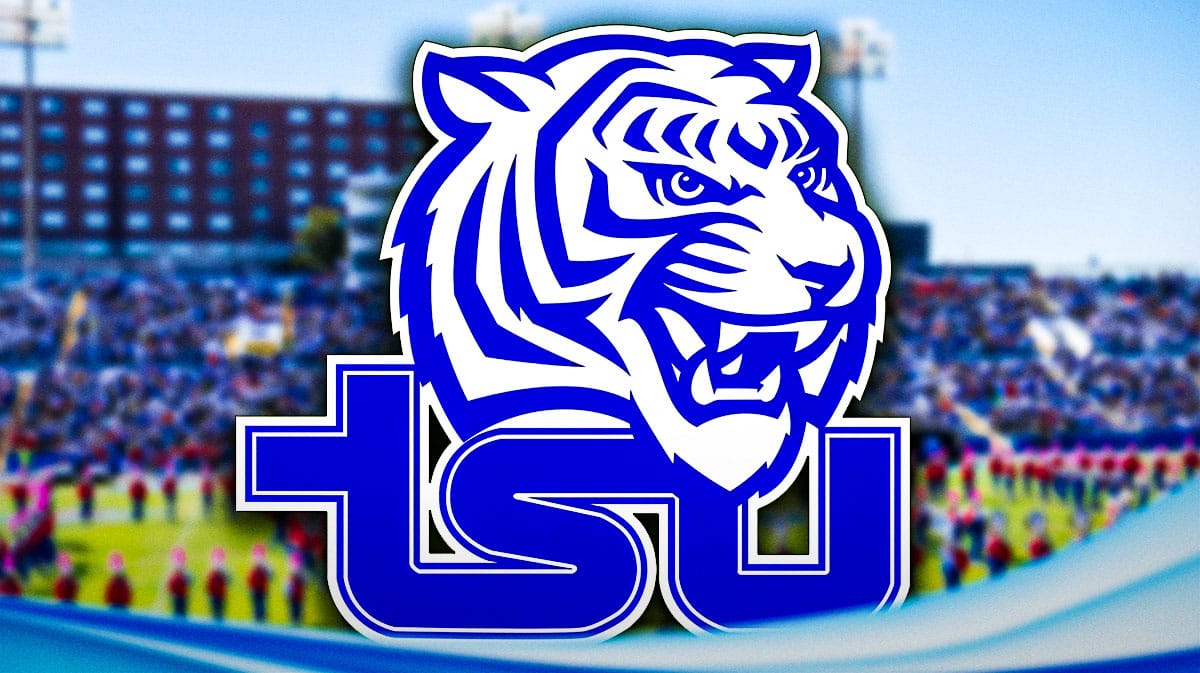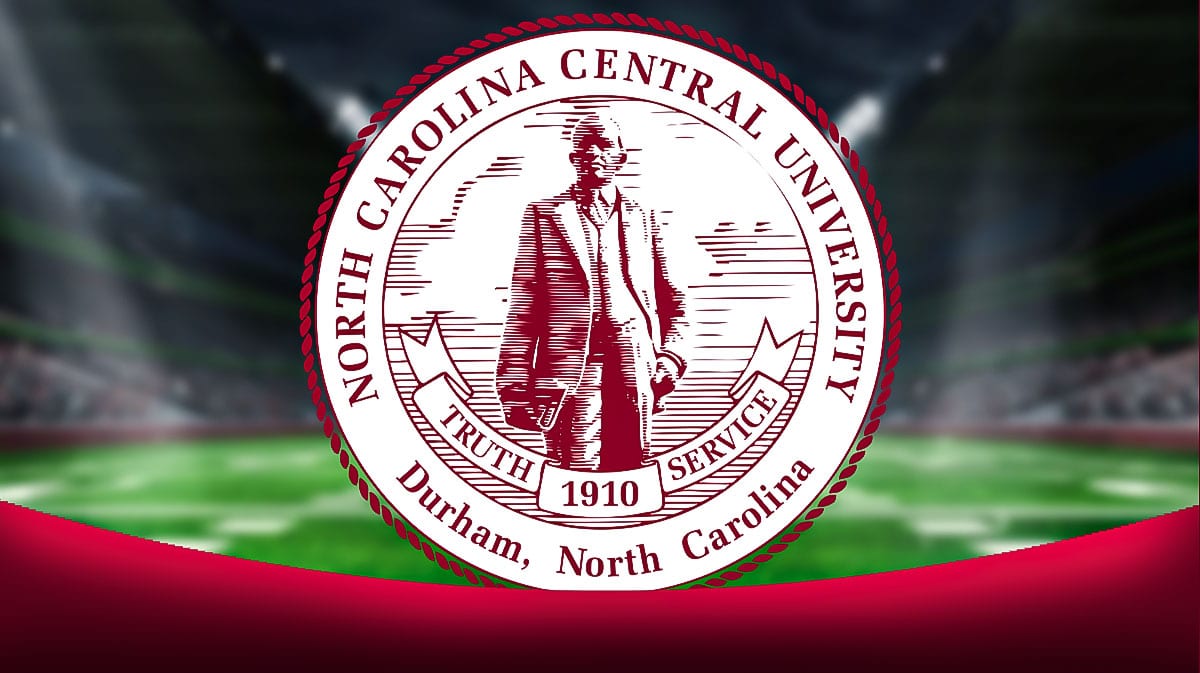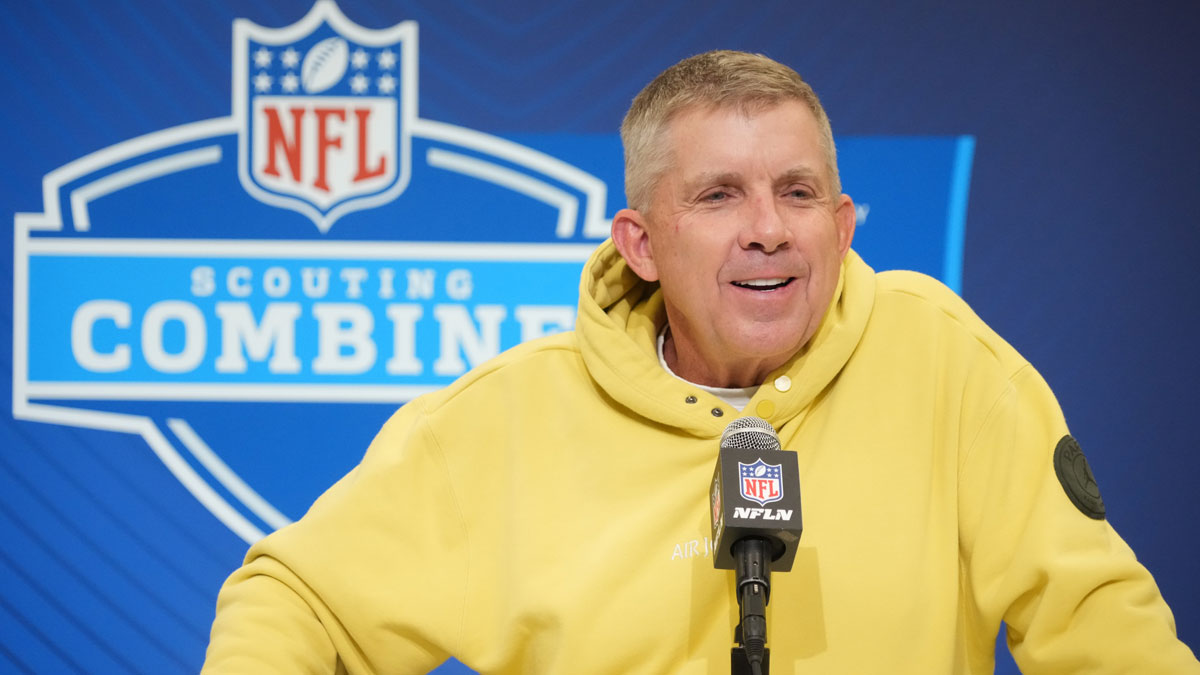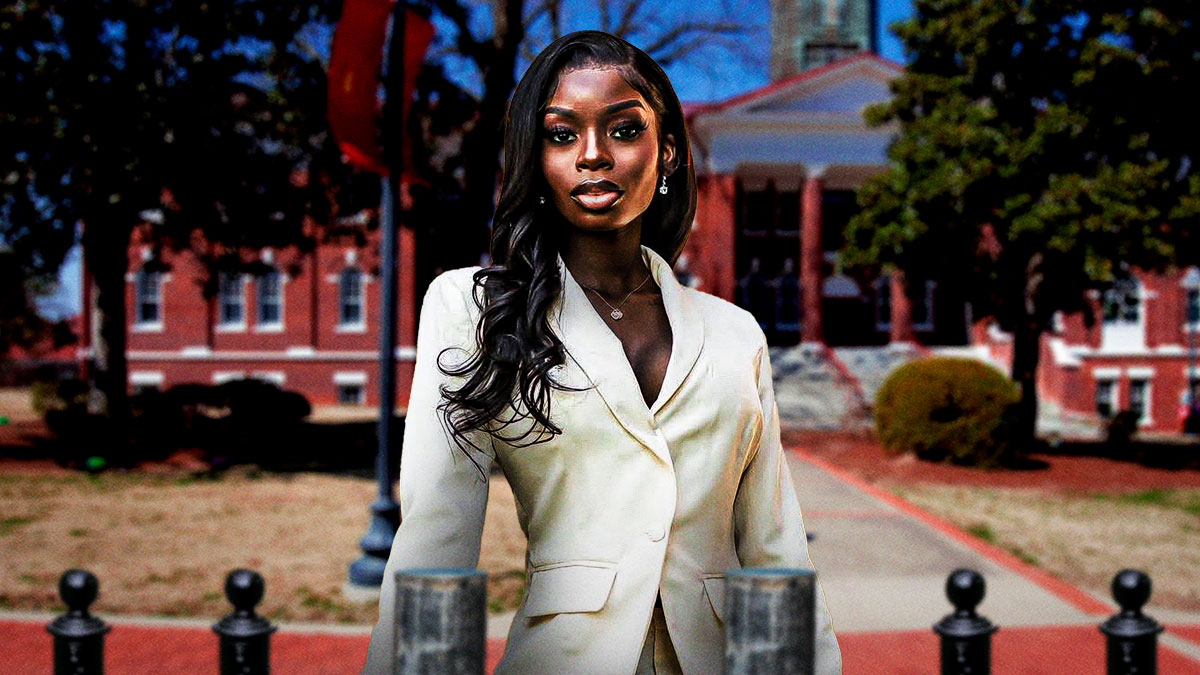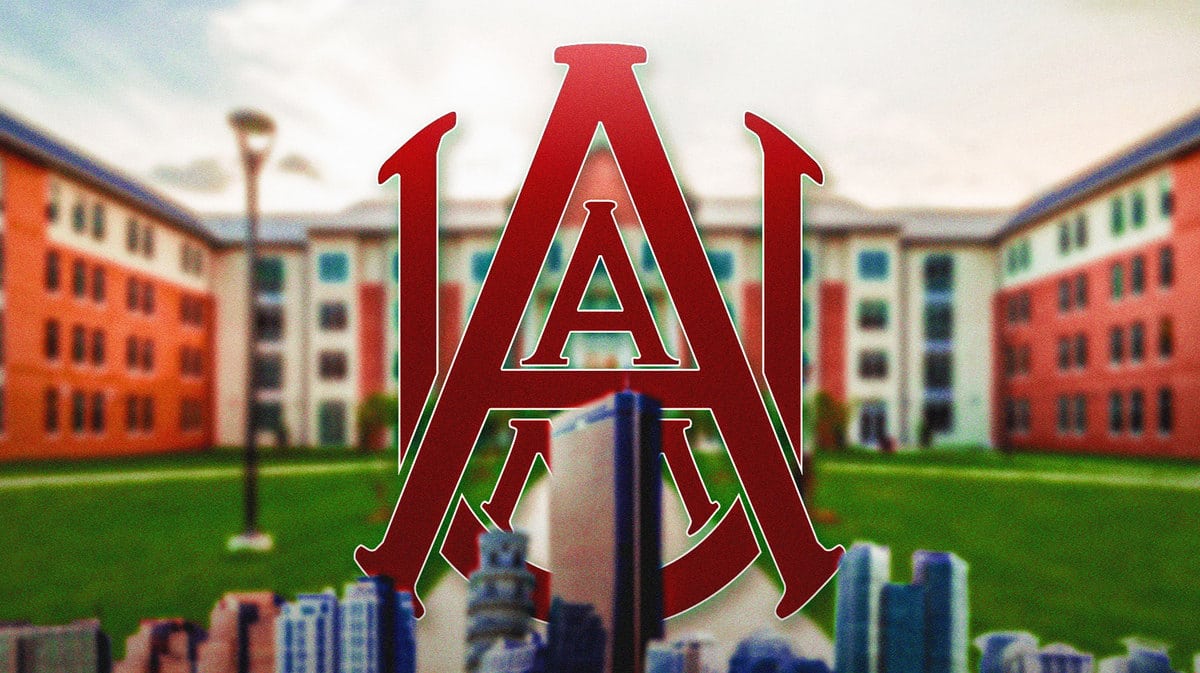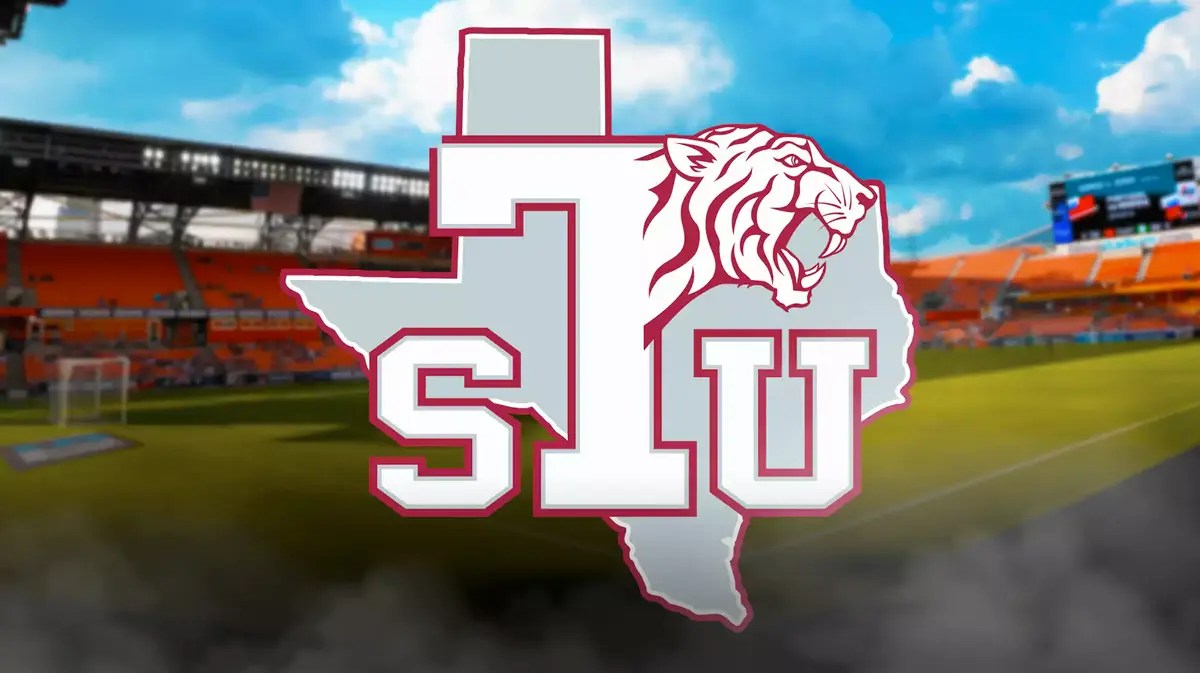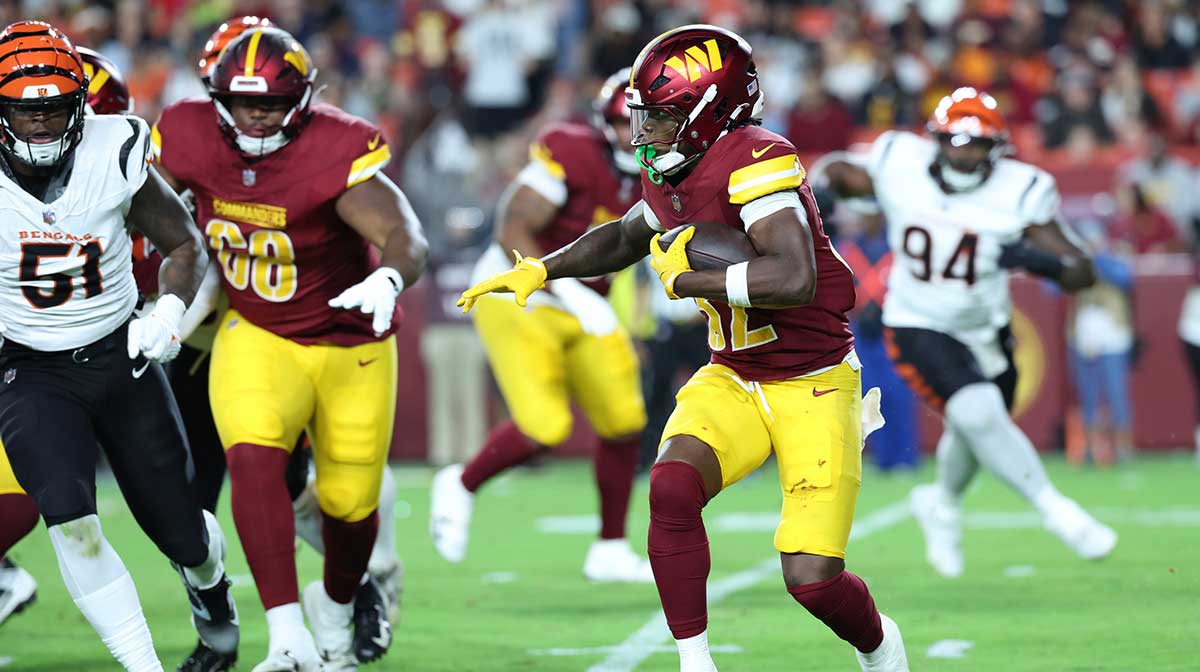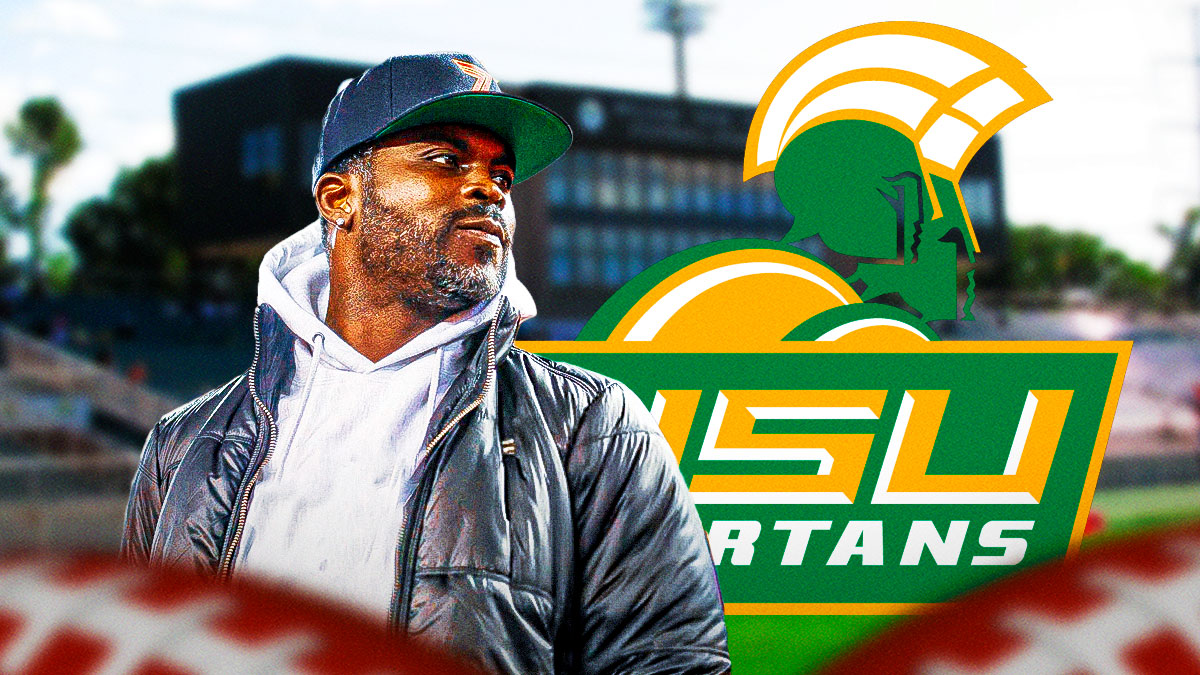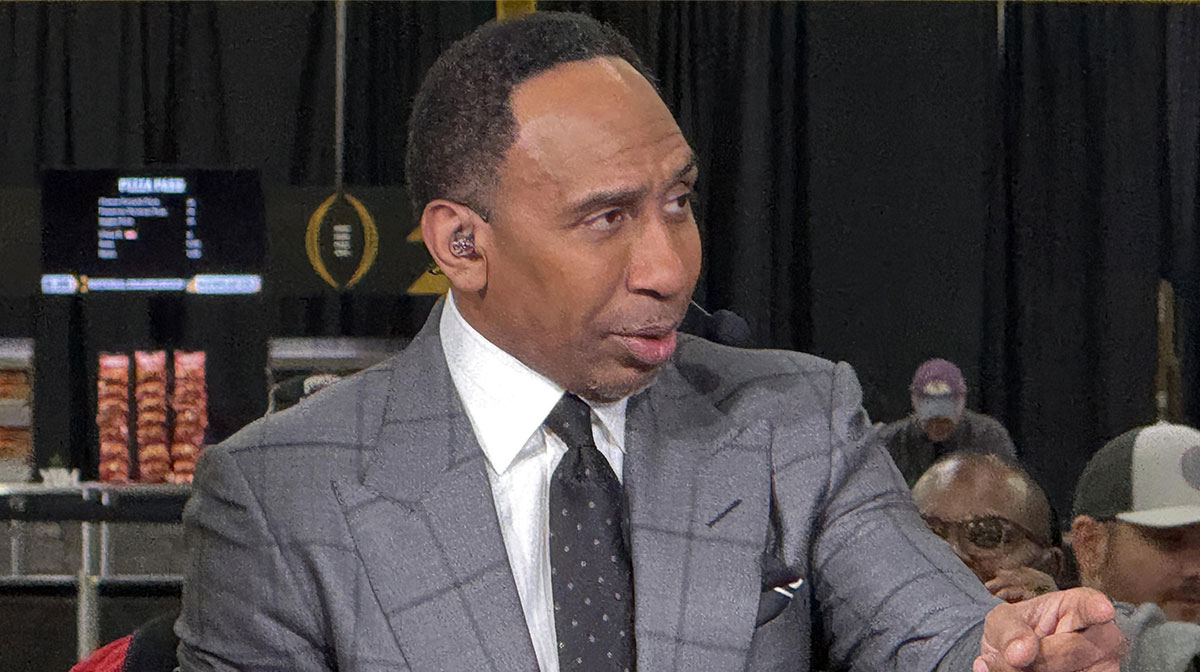To increase the number of Black students pursuing higher education and to boost and diversify their local economies, officials in places like Boston and San Francisco indicate they are actively seeking to bring HBCU satellite campuses to their areas.
“I feel like if there was a satellite (HBCU) here in San Francisco, it would just be so much easier,” said San Francisco high school junior Kei’Yanii Dawson. “An education coming to me instead of me going so far, there’s definitely more benefits from that, money-wise.”
As the Trump administration takes on diversity, equity, and inclusion initiatives at largely white universities like Harvard University, and as Black students seek out colleges where they feel valued and included, supporters of HBCUs maintain that these measures are essential. DEI programs have been characterized by President Donald Trump as “illegal and immoral discrimination.”
Howard University, the only federally funded HBCU in the country, will lose $64 million in funding as part of the Trump administration's 2026 fiscal year budget proposal earlier this year. Trump's attempt to terminate DEI projects also included the National Institutes of Health withdrawing $16.3 million in funding for the pharmacy school at Florida A&M University. Despite the attacks on DEI by his administration, Trump signed an executive order in April that supported HBCUs.
“This order will continue the work begun during my first administration to elevate the value and impact of our nation’s HBCUs as beacons of educational excellence and economic opportunity that serve as some of the best cultivators of tomorrow’s leaders in business, government, academia, and the military,” it read.
The establishment of an HBCU satellite campus in Boston was proposed in a hearing order submitted by Boston City Councilor Brian Worrell in June. At a city council meeting on June 25, he stated that although Boston is renowned for being a college town, “we do not have a single HBCU.”
Lincoln University and Cheyney University of Pennsylvania, both more than 300 miles apart, are the nearest HBCUs to Boston. According to Worrell, HBCUs are credited for producing a higher percentage of first-generation Black, low-income students than majority-white universities.
According to advocates, the process of setting up a satellite campus is lengthy and may take years to finish. Additionally, officials at Austin, Texas's Huston-Tillotson University, a small private HBCU, said they are aiming to open an off-campus teaching location in San Diego.
San Francisco officials are also actively discussing the possibility of establishing an HBCU satellite campus there, according to Charles Lutvak, who represents Mayor Daniel Lurie. Lutvak stated that he could not give specifics on a schedule, or which Black universities are negotiating with local officials. An HBCU campus in San Francisco would “boost our downtown and our economy while bringing new minds and ideas to grow within our world-renowned culture of innovation,” according to a statement made by former Mayor London Breed last year.

